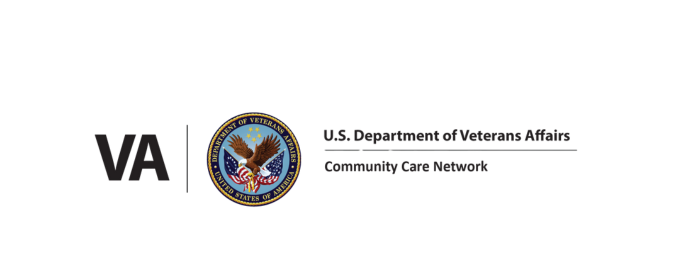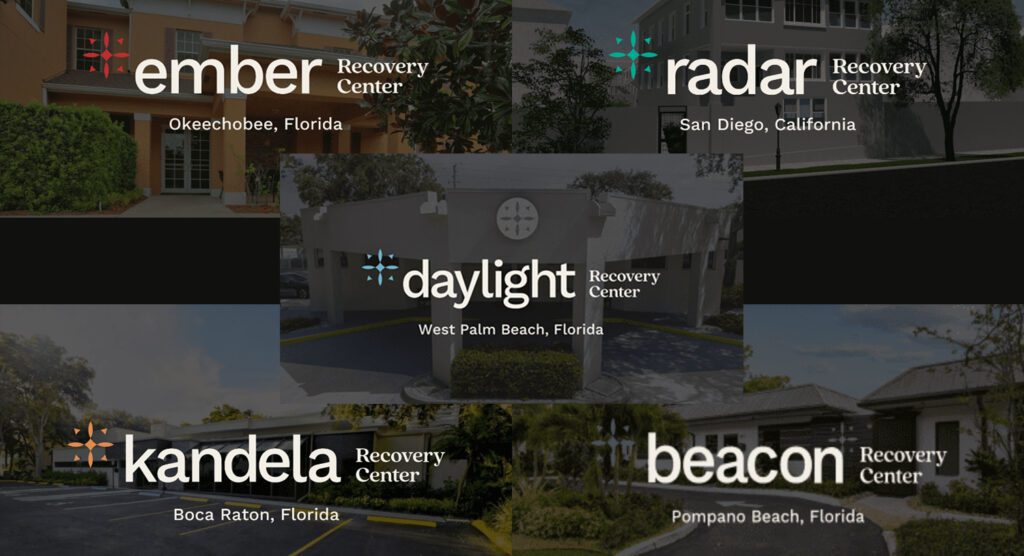Alcohol Treatment & Withdrawal
When an individual has a physiological dependence on alcohol, the symptoms of alcohol withdrawal experienced when alcohol intake is significantly reduced or stopped can be extremely distressing and uncomfortable. As a result, people commonly return to drinking alcohol to relieve their discomfort.
About Alcohol Withdrawal
Alcohol withdrawal syndrome (AWS) is a set of symptoms that occur when someone is physically dependent upon alcohol and suddenly stops drinking or drastically reduces their alcohol intake.
Withdrawal from alcohol is believed to arise due to various changes in brain activity caused by prolonged and excessive alcohol use. Because of this, the associated symptoms of alcohol withdrawal reflect disruptions in both excitatory and inhibitory neurotransmitter activity in the brain due.
The impacts alcohol has on the body are complex, but two particular neurochemicals contribute to both the short-term effects of drinking and the development of AWS when someone stops drinking.

Alcohol Withdrawal Timeline
Hours after last drink:
6-12 hours – the relatively mild early symptoms of alcohol withdrawal may begin to be felt, including headaches, mild anxiety, insomnia, upset stomach, and slight tremors.
Within 24 hours – signs of alcohol withdrawal can include visual, auditory, or tactile hallucinations can begin.
Within 24-72 hours – various symptoms of alcohol withdrawal may be experienced as some have peaked, resolved, and some are hanging around. Seizure risk is usually the highest from 24 to 48 hours after the last drink. Delirium (DTs) can appear during this time range.
Rarely, some individuals experience more persistent signs of alcohol withdrawal such as sleep disturbances, fatigue, and mood changes—that last for months. It is crucial to remember that most people recover fully with proper medical detox and alcohol withdrawal syndrome treatment.
While stopping alcohol consumption is not easy, think about what addiction and problem drinking are doing to you, how it impacts your life, and how much it costs you.
Get confidential help 24/7.
If you or a loved one are suffering with drug abuse or alcohol addiction, reach out to Flyland Recovery Network for addiction help.
Treatment Type
- Alcohol Withdrawal & Treatment
- Ambien Withdrawal & Treatment
- Barbiturates Withdrawal & Treatment
- Benzodiazepine Withdrawal & Treatment
- Cocaine Withdrawal & Treatment
- Fentanyl Withdrawal & Treatment
- Heroin Withdrawal & Treatment
- Inhalant Withdrawal & Treatment
- Methamphetamine Addiction
- Opioid Withdrawal & Treatment
Get confidential help 24/7.
If you or a loved one are suffering with drug abuse or alcohol addiction, reach out to Flyland Recovery Network for addiction help.

Frequently Asked Questions
How to battle alcohol addiction?
Flyland Treatment Center provides a safe, secure, and serene place where you can begin your journey of gaining the tools, knowledge, and alcohol addiction help needed so you can live a better life.
Remember that alcohol addiction treatment and recovery is a process and not a destination. Always continue to work on your program and do things to support yourself to stay sober with your alcohol abuse disorder. You can battle alcohol addiction. Take this daily journey and never think you’ve arrived.
Our admission specialists are here to support you in taking this step toward a brighter future.
What is alcohol addiction?
Alcohol consumption can jeopardize more than yourself. Many people put themselves and others in danger while under the influence of alcohol. Alcohol addiction also affects people’s careers, finances, hygiene, legal status, and parenting skills.
The definition of alcohol addiction is habitual intoxication, prolonged and excessive consumption of alcoholic drinks, causing a breakdown in health, wellness, and lifestyle. When you have an addiction to alcohol, when you stop consuming it, you experience severe withdrawal symptoms.
What is considered alcohol abuse?
Alcohol is one of the most routinely consumed substances in the world. Unfortunately, it sometimes results in alcohol abuse, and surveys are indicating the stress and isolation caused by the pandemic may be worsening alcohol abuse globally.
Alcohol abuse is defined as when a person has a habit and pattern of consuming alcoholic drinks that cause harm to their health, wellness, and lifestyle. It is when you cannot control consuming alcohol and continue to do it even when numerous negative consequences are happening to everything around you.
Is alcohol addictive?
Yes, alcohol can be physically and psychologically addictive. However, occasional alcoholic drinks in moderation do not have any long-term adverse side effects on your brain chemistry as the dopamine and endorphins are only elevated for brief periods.
When you partake in long-term heavy drinking, binge drinking, and excessive alcohol consumption, it impacts the delicate chemical balance in your brain. Continued alcohol abuse can lead to permanent changes in the chemicals in the brain resulting in alcohol addiction.
Why is alcohol addictive?
Alcohol is physically addictive as it changes the chemicals in your brain. Typically your brain function relies on a delicate balance between neurotransmitters. Alcohol use changes the chemical balance in the brain and impacts the regular release of neurotransmitters.
Also, you can become psychologically addicted to alcohol, it is often wrongly used to alleviate the symptoms of mental health issues or emotional trauma. Alcohol is never the answer.
How to know if you have an alcohol addiction?
Here are some questions to help determine if you have an addiction to alcohol.
Have your alcohol consumption habits affected your personal or professional life negatively?
Do you have legal issues resulting from your alcohol consumption?
Do you feel guilty about your alcohol consumption habits?
Do you begin each day by drinking alcohol?
How often do you consume four or more alcoholic drinks in a day?
Do you feel a strong desire to consume alcohol?
Do you have alcohol cravings?
What is the difference between alcohol addiction and alcohol dependence?
Alcohol Addiction is different from alcohol dependence because dependence is a physiological process and while alcohol addiction is psychological. While they can occur separately, they usually appear at the same time.
How long does an alcohol detox and withdrawal take?
Many people report withdrawal symptoms lasting for 2 to 8 days. Different people experience different symptoms. The more alcohol you are used to consuming, the more complicated an alcohol detox can be. Receiving intervention at a detox center is recommended so that you are safe and as comfortable as possible, with a professional team there to support you 24/7 during your detox. This will give you the best opportunity for a successful long-term recovery.
What are the most common withdrawal symptoms experienced during detox?
We’ve all heard about the withdrawal symptoms associated with recovery. Unfortunately, alcohol addiction is a disease, and continuing to avoid treatment will be a lifetime of harming yourself while enduring the withdrawal symptoms is temporary to discover proper treatment and recovery. We are here to keep you as comfortable as possible during your alcohol abuse treatment.
Withdrawal symptoms of detox include:
- Irritability
- Fatigue
- Sweating
- Anxiety
- Hand Tremors
- Nausea/Vomiting
- Mood swings
- Rapid heart rate
- Hallucinations
- Delirium tremens (DT)
- Seizures
We accept most insurance plans
Our admissions coordinators can answer all of your questions. Call for a confidential assessment and insurance verification.




































